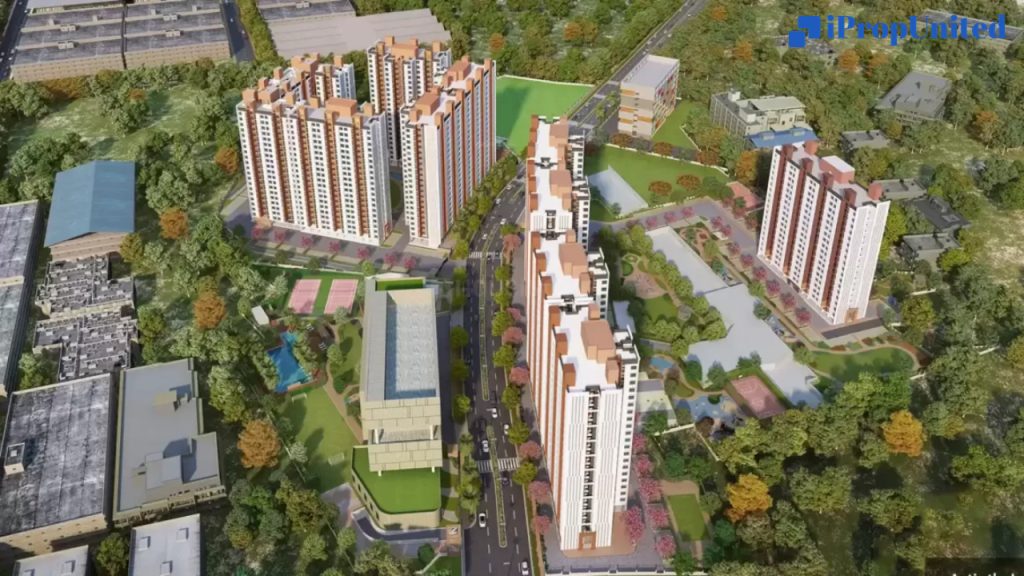The real estate market in Telangana has experienced a slowdown over the past year, contrary to optimistic surveys highlighting the state’s real estate market, particularly in and around Hyderabad, according to recent reports.

Experts and industry insiders suggest that this slowdown may be attributed to soaring land prices, escalating property costs, and the approaching assembly elections.
Interestingly, despite a decline in transaction volume, the state government has witnessed an increase in revenue from property registrations compared to the previous year. The rise in land market values has contributed to this surge in registration revenue, according to officials. However, since January of this year, there has been a dip in revenue, they noted.
Data from the registration and stamps (R&S) department reveals that property registrations generated Rs 14,291 crore during the 2022-23 financial year, which was Rs 2,000 crore more than the preceding year (2021-22). However, the number of registration transactions (documents) declined from 19.72 lakh in 2021-22 to 19.44 lakh in the current year. An official stated that this decline in registrations indicates a lack of interest in the properties available.
Sources indicate that the decline in transactions has been consistent, apart from a spike observed in November 2022.
In the last three months, monthly revenue has witnessed a further decline compared to the corresponding period in the previous year.
Real estate developer S. Srinivas Reddy from Kondapur explained, “Typically, prior to elections, realtors and investors tend to wait until the elections are over and a new government takes charge. Additionally, land prices have skyrocketed in the city, particularly in the western parts. Infrastructure companies have also raised the prices of flats, making them unaffordable for the average citizen, citing increased costs of steel and construction materials post-Covid-19.”
According to R&S department statistics, the number of property documents dropped to 1.60 lakh in January this year compared to 2.08 lakh in January 2022. In February, there were only 1.70 lakh property registrations, followed by 1.50 lakh in March.
“A significant decline in revenue, amounting to nearly 1,000 crore, has been observed between January and April this year,” revealed a senior official from the R&S department. In January 2022, the revenue amounted to 1,351 crore, which fell to 1,094 crore in January 2023. Similarly, revenue for March this year was 1,389 crore, compared to 1,501 crore in the corresponding period last year.
Despite the dwindling revenue, officials from the R&S department remain hopeful for a revival in the real estate sector. They point out that several major projects initiated in the past two years are nearing completion, which is expected to boost property registrations in the future.
Follow and Connect with us: Twitter, Facebook, Linkedin, Instagram














